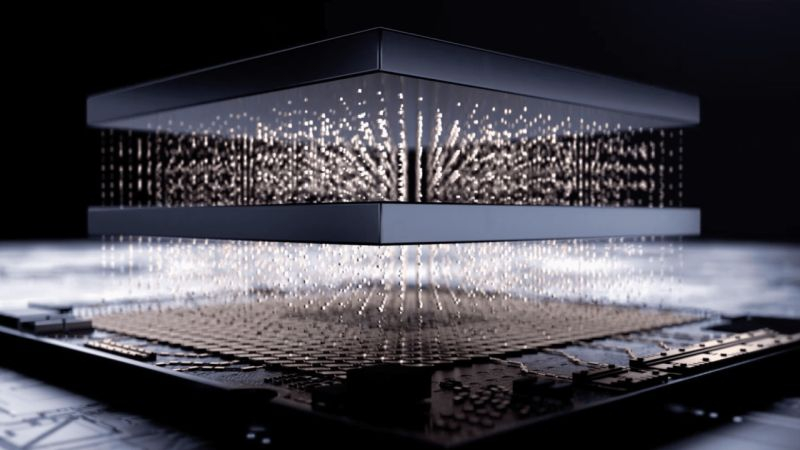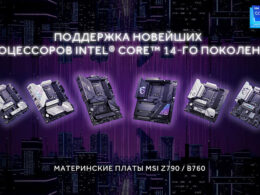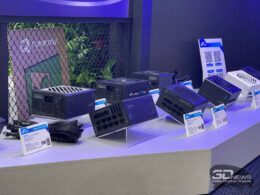Last year, South Korean entities dominated the High Bandwidth Memory (HBM) market, with SK hynix seizing 53% of the global market segment and Samsung Electronics accounting for 38%. The HBM market is projected to swell from $141 billion to $377 billion by 2029. The South Korean government is contemplating additional measures to support manufacturers of HBM hardware and materials.
According to a report last week by Business Korea, the South Korean government has initiated a review of policies supporting key component manufacturers vital to the national economy. The export of semiconductor products significantly contributes to South Korea’s Gross Domestic Product (GDP), hence the government’s effort to back industries that are priority to local manufacturers. Producing HBM is crucial to the global IT industry, but the challenge comes in the packaging of this type of memory which relies on equipment from Japanese and Austrian suppliers.
In order to reinforce the position of domestic producers and ensure supply chain stability, the South Korean government intends to propose additional support measures for local manufacturers of equipment and materials used in the production of advanced HBM types. This would necessitate amendments to the relevant legislative acts. Experts suggest that developing Korean equipment for creating HBM stacks of over 12 layers would require substantial research costs, hence state subsidies would be highly appropriate in this context.
Market participants have also suggested including the production of power electronics controllers in the priority list for Korea’s industrial development, as they are currently in demand in the automotive industry – another critical part of South Korea’s economy.





